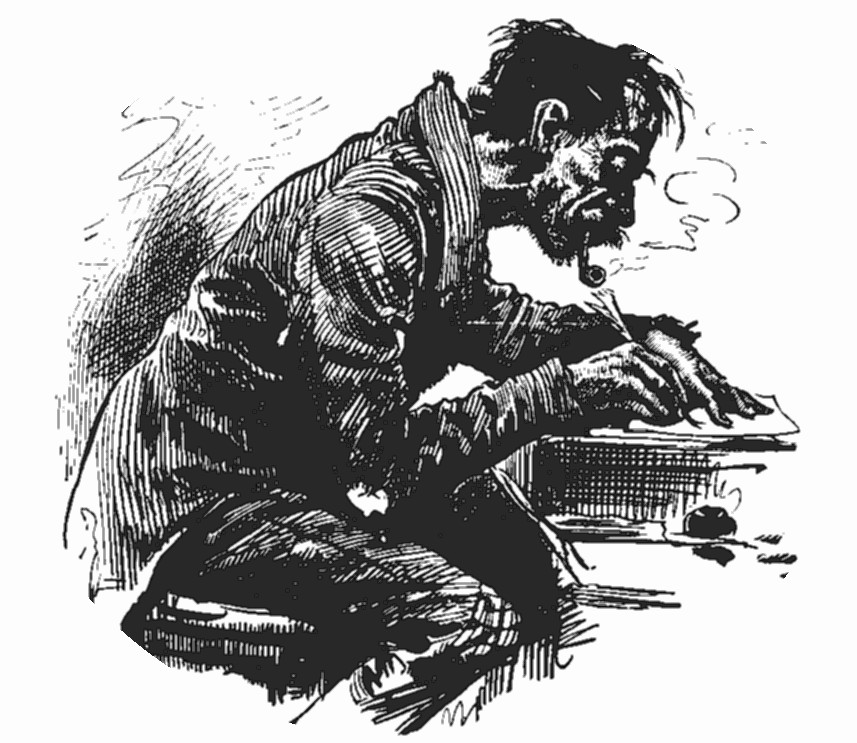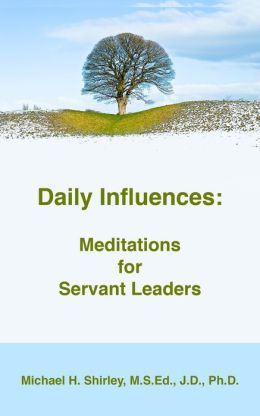by Midnight Freemason Contributor
Bro. Robert H Johnson 32°
It was the night of a big meeting. We had a ton to go over, I had Masonic education and Worshipful had to go over the all the changes which the Grand Lodge wanted to vote on at the next annual meeting. I was feeling a little guilty, you see I was working a ton on the podcast, writing and of course the day job.
 |
| The crayon drawn maps. |
I wanted to stay home and hang out with my boys, but I just couldn't. I have three sons and the oldest always asks me about the lodge and about the symbols. I think he will definitely become a Brother some day. The other two boys are a little younger. They know when they see the Square and Compasses, that it means "Freemasons".
I was feeling guilty, so I did the best thing I could think of, I created a Masonic treasure hunt in the house. I made a map on construction paper on which I drew a map, wrote out clues, drew some pictures and even put a few Masonically themed items on it.
Since there are three of them, I declared that the search would be for the "Ancient Bubble-Gum of the Select Masters" which was hidden in an "Ark" hidden in the "Secret Core". I sent them all over the house, giving clues to items and places. For instance, the first place they were to find was the "...the door which only height can open." This is the door to the basement which has a shiny sliding lock which is six feet high on the door.
 |
| The small "Ark" just big enough for 3 pieces of bubble-gum. |
It was pointing to a white box tucked neatly under the stairs which had the words "Secret Core" on it. Of course the box was just old packaging for a work out system, but they didn't notice that at all. They ran over to the box, climbed up on all the other junk we keep under the stairs and pulled out the box.
The three of them looked at each other and the oldest opens the cardboard "Secret Core" box. Inside was a small "Ark" I built out of balsa wood some time ago. I had engraved some Masonic symbols on it which made it pretty special to the boys. Before they were allowed to open the "Ark" they had to utter the sacred words, which some of you may recognize from "The Day The Earth Stood Still", an old black and white sic-fi movie from 1951, (which I love by the way), "Klaatu Barada Nikto".
They all read the words of the paper and said them in unity. My wife told me it was really "cute". At that point they opened the "Ark" carefully and beheld three unwrapped pieces of the sugariest bubble-gum I could find. The final words on the map "...Brave Select Masters, Chew Wisely".
~RHJ
Bro. Robert Johnson, 32° is the Managing Editor of the Midnight Freemasons blog. He is a Freemason out of the First North-East District of Illinois. He belongs to Waukegan Lodge No. 78. He is also a member of the York Rite bodies Royal Arch, Cryptic Council, Knights Templar, AMD, The Illinois Lodge of Research and a member of the Scottish Rite Valley of Chicago as well as a charter member of the Society of King Solomon, a charity organization run by the Grand Lodge of Illinois. Brother Johnson currently produces and hosts a weekly Podcast (internet radio program) Whence Came You? which focuses on topics relating to Freemasonry. In addition, he produces video shorts focusing on driving interest in the Fraternity and writes original Masonic papers from time to time. He is a husband and father of three. He works full time in the safety industry and is also a photographer on the side as well as an avid home brewer. He is currently working on a book of Masonic essays.















